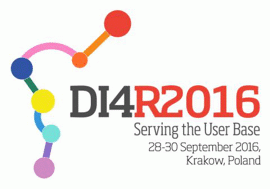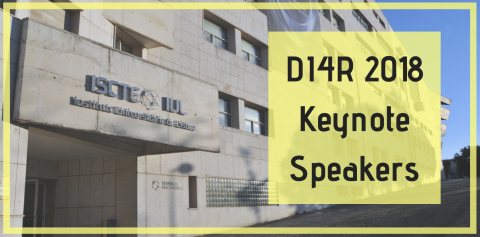
David Foster is based at CERN and is chairing the Programme Committee of the first edition of the DI4R conference. We talked to him to find more about his plans and expectations for the conference.
Q: What attracts you in the idea of a joint e-infrastructure user event?
A: There has been a tremendous growth in the use of computational tools in all areas of science and humanities in recent years driven by the importance of processing of data. It seems natural now that all these communities come together to discuss their problems and requirements such that we can build e-infrastructures that address them and obtain the economies of scale that will make them cost effective.
Q: What do you consider the main areas of focus for the conference?
A: It is important that we try to bridge the gap between very outcome oriented user communities and often somewhat technology oriented service providers. This is why we have tried to introduce four themes that bring people together. From E-infrastructures which are serving the user communities today, but acknowledging that times are changing and trying to address many issues such as legal and business cases, to the growing issues around working with data effectively and the overall challenges that are faced both by users and service providers.
Q: What kind of contribution would you especially like to see submitted?
A: As PC chair I would like to see user communities really staring to view this as an opportunity to voice their needs and problems and be able to openly discuss with other users and service providers. It is really true that large scale commodity computing is changing the way we view the provision of services and creating new opportunities for both niche and big providers. Above all, new services must be sustainable and cost effective and we need to be creative to ensure that is the case.



